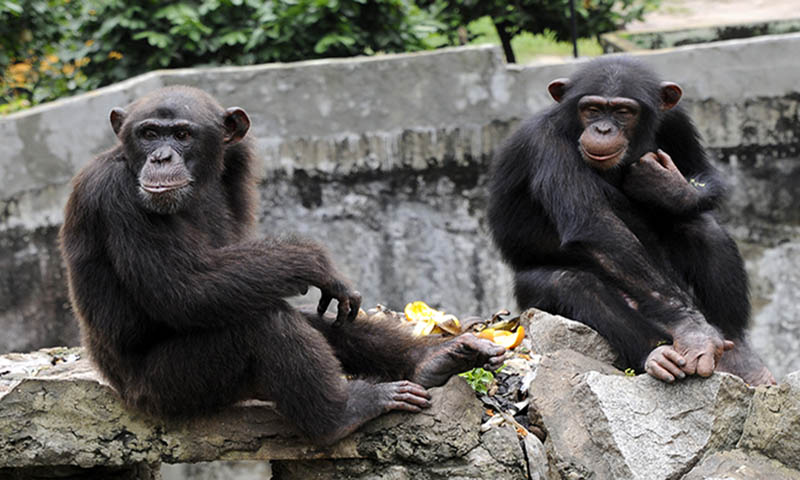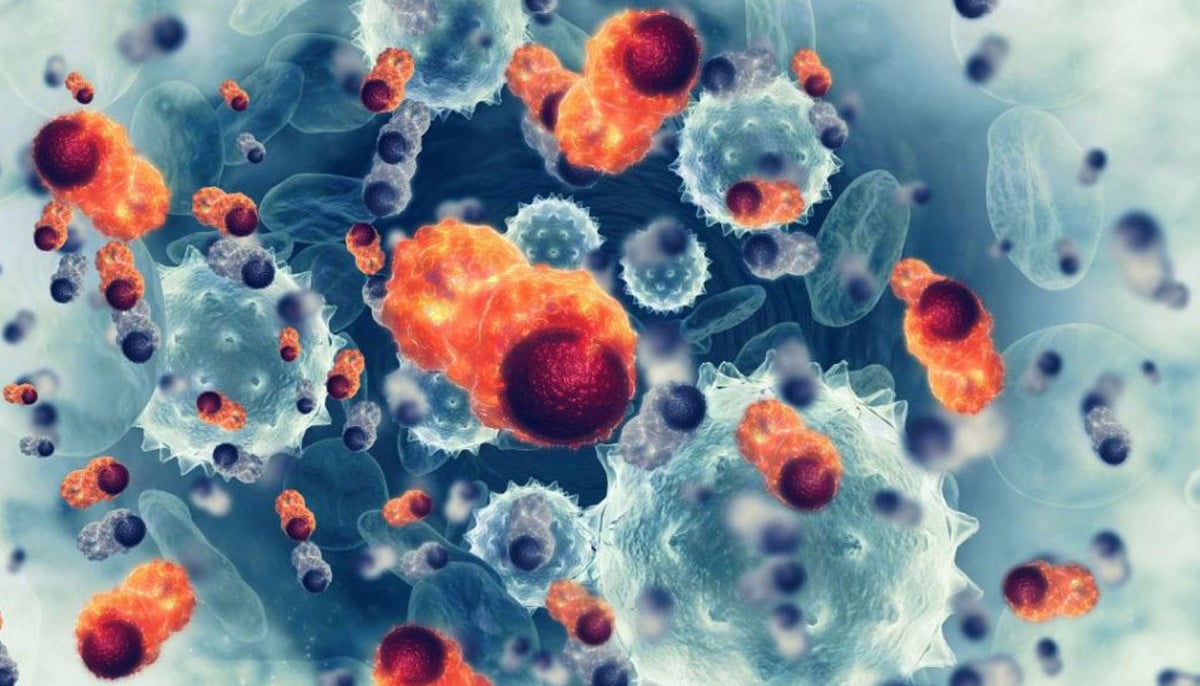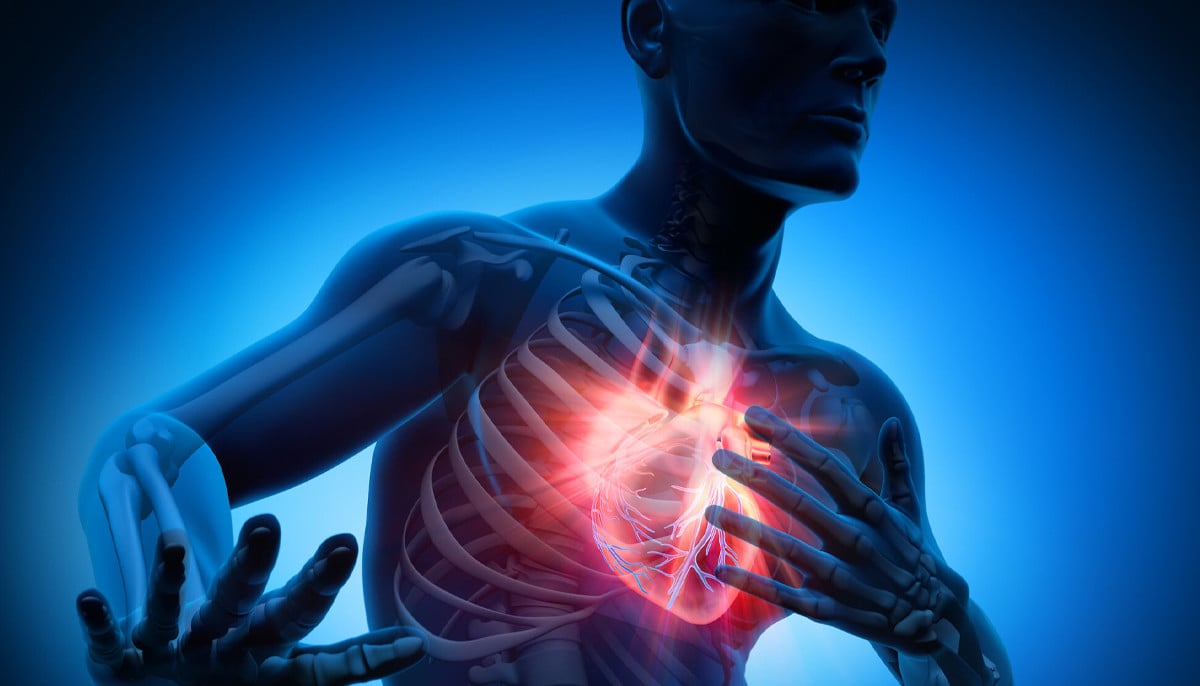Chimpanzees react faster to cooperate than make selfish choices
Chimpanzees tend to be faster than humans at making decisions that are aimed at benefiting others, a study revealed.
Chimpanzees tend to be faster than humans at making decisions that are aimed at benefiting others, a study revealed.
The search from University of Michigan comes after decades of observation on primates for their biological similarity with humans to determine their quick responses to situations that test cooperative behaviors.
"Chimpanzees are an important comparative model for human cooperation," said Alexandra Rosati, U-M assistant professor of psychology and anthropology.
The study examined how chimpanzees think about cooperative decisions and their response time in situations involving prosocial behavior— which involves how one’s actions benefit others, such as giving time, effort or resources.
A chimpanzee while looking out for food would either get food for both himself and a partner, or choose to only get food for self. The researchers discovered that in case of a quick decision, a chimpanzee would opt for the prosocial option owing to gut reaction.
The longer one would take to decide, the more likely it would be for a chimpanzee to keep the food for self only.
The primates would lend a hand so the partner could get an object that was out of reach. Those who were likely to help were also faster at it— and generally quicker than a human to come up with such decisions to provide a partner with instant help or food.
The chimpanzees were also found to be quick at unleashing punishments, specifically collapsing the table to stop a thief from stealing food. The chimpanzees who were most reactive to unfairness tended to collapse the table more quickly.
"Ultimately, our results show that chimpanzee cooperation involves several cognitive mechanisms that parallel those seen in humans," the researchers wrote.
The findings , co-discovered by Harvard researchers Lauren DiNicola and Joshua Buckholtz, appear in the current issue of Psychological Science.
-
All you need to know guide to rosacea
-
Prevent cancer with these simple lifestyle changes
-
Experts reveal keto diet as key to treating depression
-
Skipping breakfast? Here are some reasons why you shouldn't
-
Sciences reveals shocking body response against heart attack
-
Anti-inflammatory teas to keep your gut balanced
-
Emma Stone reveals she is ‘too afraid’ of her ‘own mental health’
-
5 simple rules to follow for smooth, healthy hair












